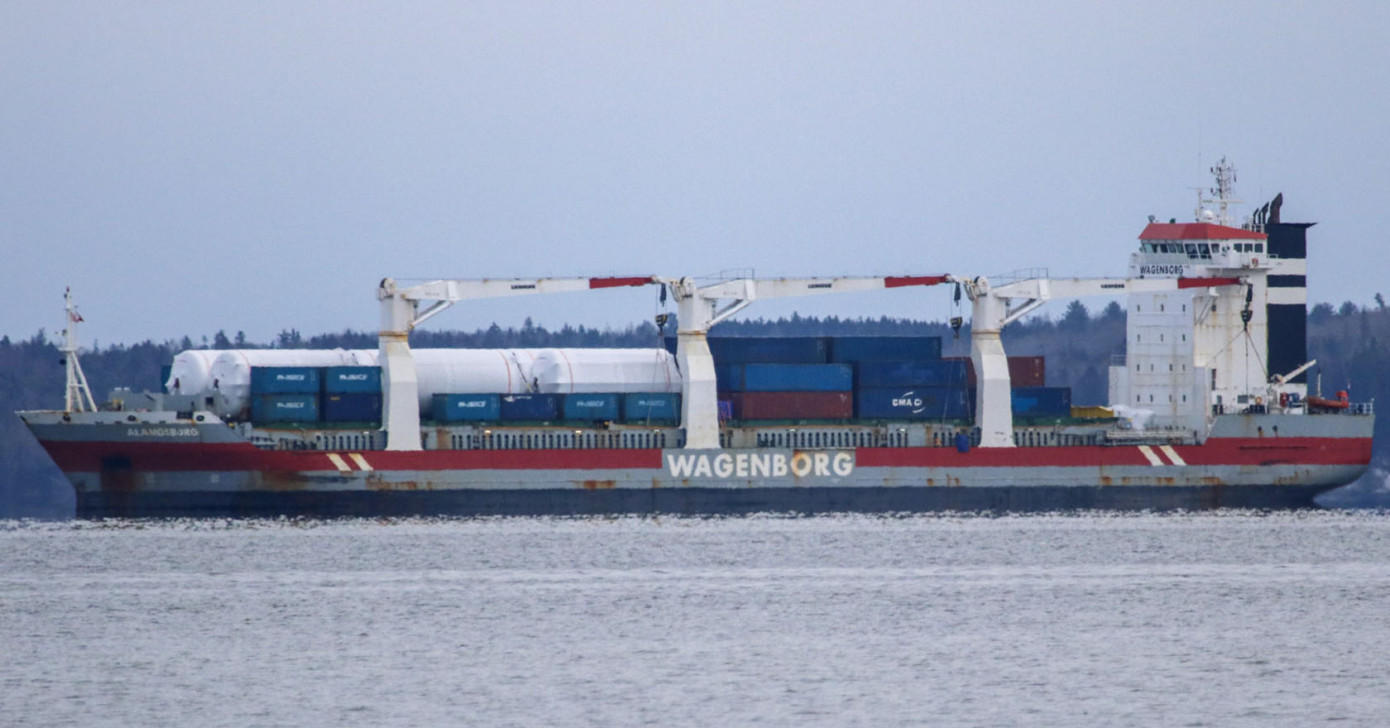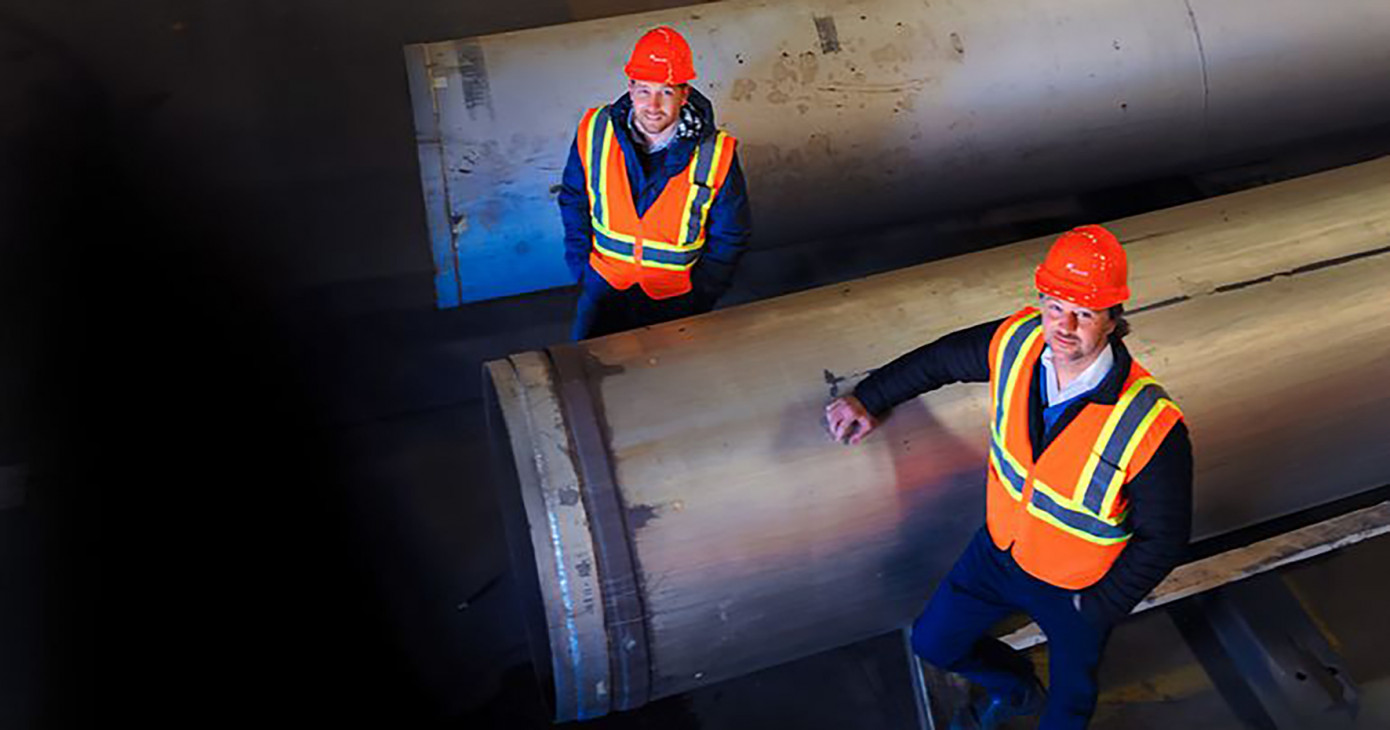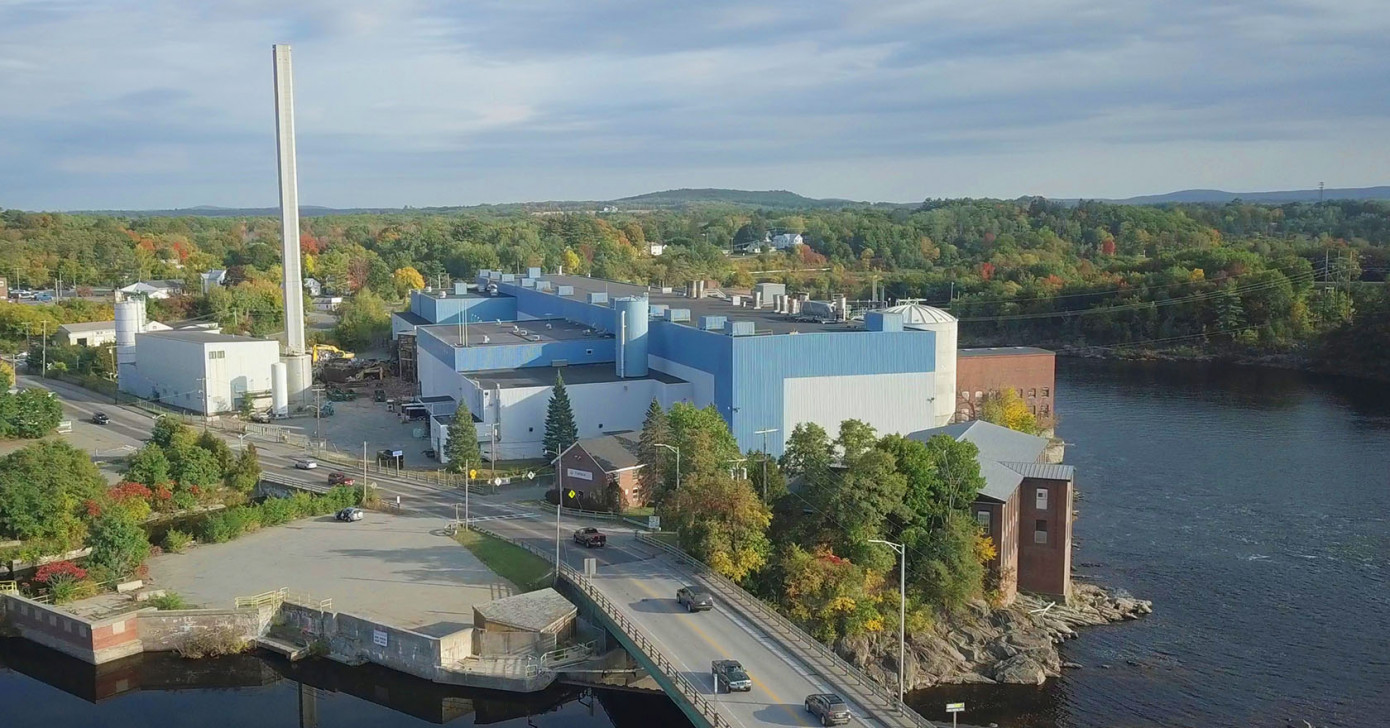U.S. building products corporation GO Lab, Inc. is relocating a wood fiber insulation board plant from Berga, Germany to its production site in Madison, Maine. Once the equipment is up and running in 2022, GO Lab will become the first company to produce wood fiber insulation in North America, German machine and plant manufacturer Dieffenbacher said in a statement.
Dieffenbacher originally sold the relocated plant to Homatherm, later renamed Homanit Building Materials GmbH & Co. KG, in 2009. Dieffenbacher experts inspected the plant on GO Lab’s behalf in late 2018 and recommended the purchase. Once GO Lab agreed to buy the plant in April 2019, Dieffenbacher supported the company in financing the relocation and planning of its re-installation. Dieffenbacher will also modernize the plant and install new equipment, including a gluing system and dryer.
“Packed in more than 80 regular and oversized shipping containers, our plant arrived in Maine in late February,” said Dr. Joshua Henry, who founded GO Lab together with Matthew O’Malia in 2017. “This is a nationally and internationally notable event—the first wood fiber insulation manufacturing line in North America. The industry is looking at this hoping it’s going to be a model for the future,” Henry added.
Image: The Dutch container ship Alamosborg transports the relocated production line across the Atlantic in more than 80 regular and oversized shipping containers / Dieffenbacher
“Our Madison facility is going to have three production lines. The Dieffenbacher line is the largest and most complex, beginning with the refining of the wood chips and continuing all the way to the production and packaging of the final product,” said Henry. “We’ve received great support from Dieffenbacher throughout the whole process—beginning with de-commissioning the facility in Germany, purchasing, financing and shipping the equipment and planning for the engineering required for the line’s revival in the U.S. If you are new to the market and planning a huge projectlike this, you need good engineering support. Dieffenbacher helped us really understand the equipment we were about to buy and the processes to get it up and running again.”
“The idea to start production of wood fiber insulation in North America developed over time,” explained O’Malia. “As an architect, I consistently heard builders complaining about the itchy particles from mineral wool and fiberglass, and the bad air quality. Non-recyclable scraps of foam took up tremendous space in dumpsters, and plastic dust from cutting board insulation covered the ground and installers’ clothes during application. Additionally, I began thinking about why we were using insulating products heavily derived from petroleum to reduce the amount of fossil fuel required to operate the buildings. The reduced energy consumption is canceled out by these mainstream insulations and their high carbon footprints.”
Image: GO Lab founding partners Dr. Joshua Henry (left) and Matthew O’Malia (right) / Fred Field, Mainebiz
“We found that wood fiber insulation would solve all these problems, but since it is such a light-weight product, significant freight costs made importing it from Europe unreasonably expensive,” said Henry. “In contrast, we figured that wood fiber insulation made in America—with much lower raw material and energy costs—would enable us to enter the market at a price point similar to other insulation options. We’ll be able to offer a high-performing, sustainable, comprehensive insulation product with a negative carbon footprint priced for mainstream adoption.”
“We started looking for the right production equipment and found it in Germany. The Dieffenbacher technology is exactly what we needed, and the support we got from Dieffenbacher will help us turn our idea into reality very soon,” O’Malia concluded.
